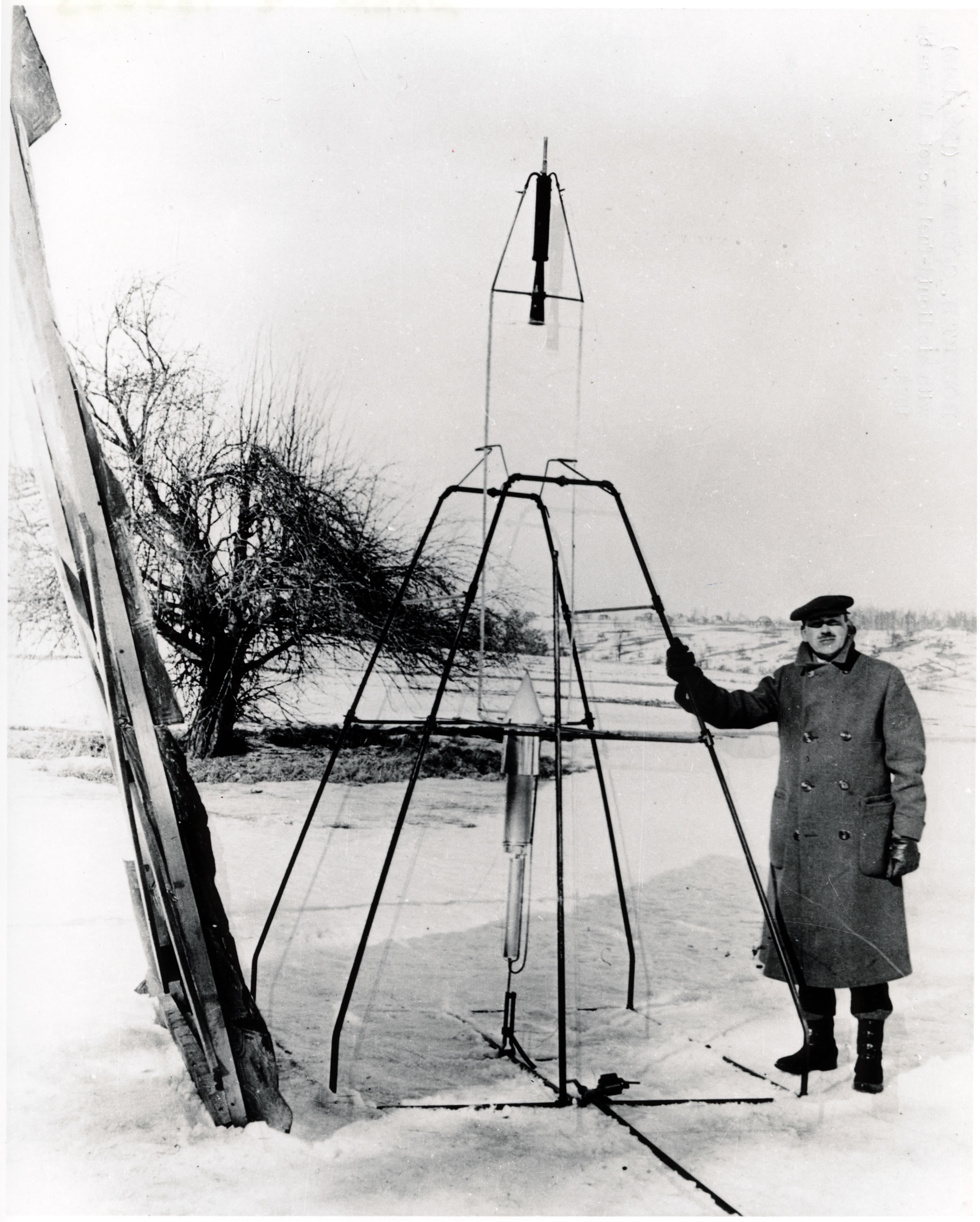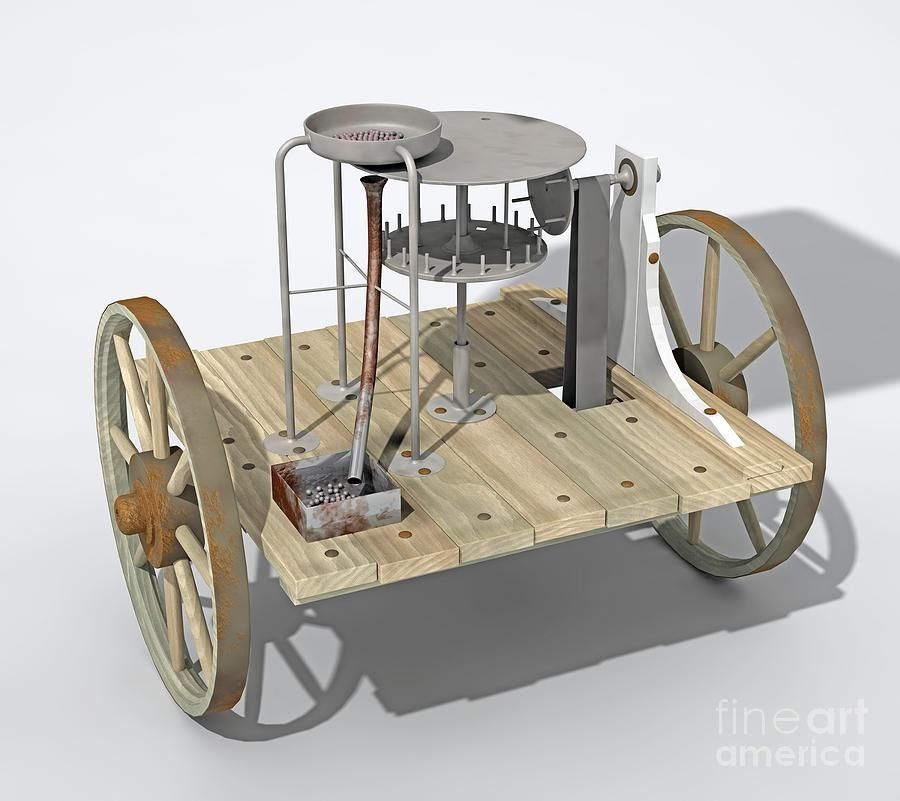DudleySmith
Diamond Member
- Dec 21, 2020
- 20,245
- 14,438
- 2,288
The Engines | Babbage Engine | Computer History Museum
Babbage considered using number systems other than decimal including binary as well as number bases 3, 4, 5, 12, 16 and 100. He settled for decimal out of engineering efficiency - to reduce the number of moving parts - as well as for their everyday familiarity.

Robert Goddard and the First Liquid-Propellant Rocket
Ninety years ago today, on March 16, 1926, Robert H. Goddard (1882-1945) launched the world’s first liquid-propellant rocket. His rickety contraption, with its combustion chamber and nozzle on top, burned for 20 seconds before consuming enough liquid oxygen and gasoline to lift itself off the...
Very little is new under the sun. Copernicus and others built 'computers' for astronomical studies, sailors began using them for navigation early on, etc. Even the Mayans had them. 'Missiles' have been around a while, too. Even 'biological warfare' isn't new; tossing diseased animals and corpses over walls into besieged cities was a popular tactic. principles and tactics all evolve from earlier technology; few 'new' inventions' come along, except in how the delivery systems work. EVen laser weapons aren't a new principle; there is evidence large polished parabolic mirrors were used to set fire to enemy ships by ancient Greeks; it was probably a legend but at least they knew of the possibility of it and had an idea of how it would work theoretically.
Last edited:



